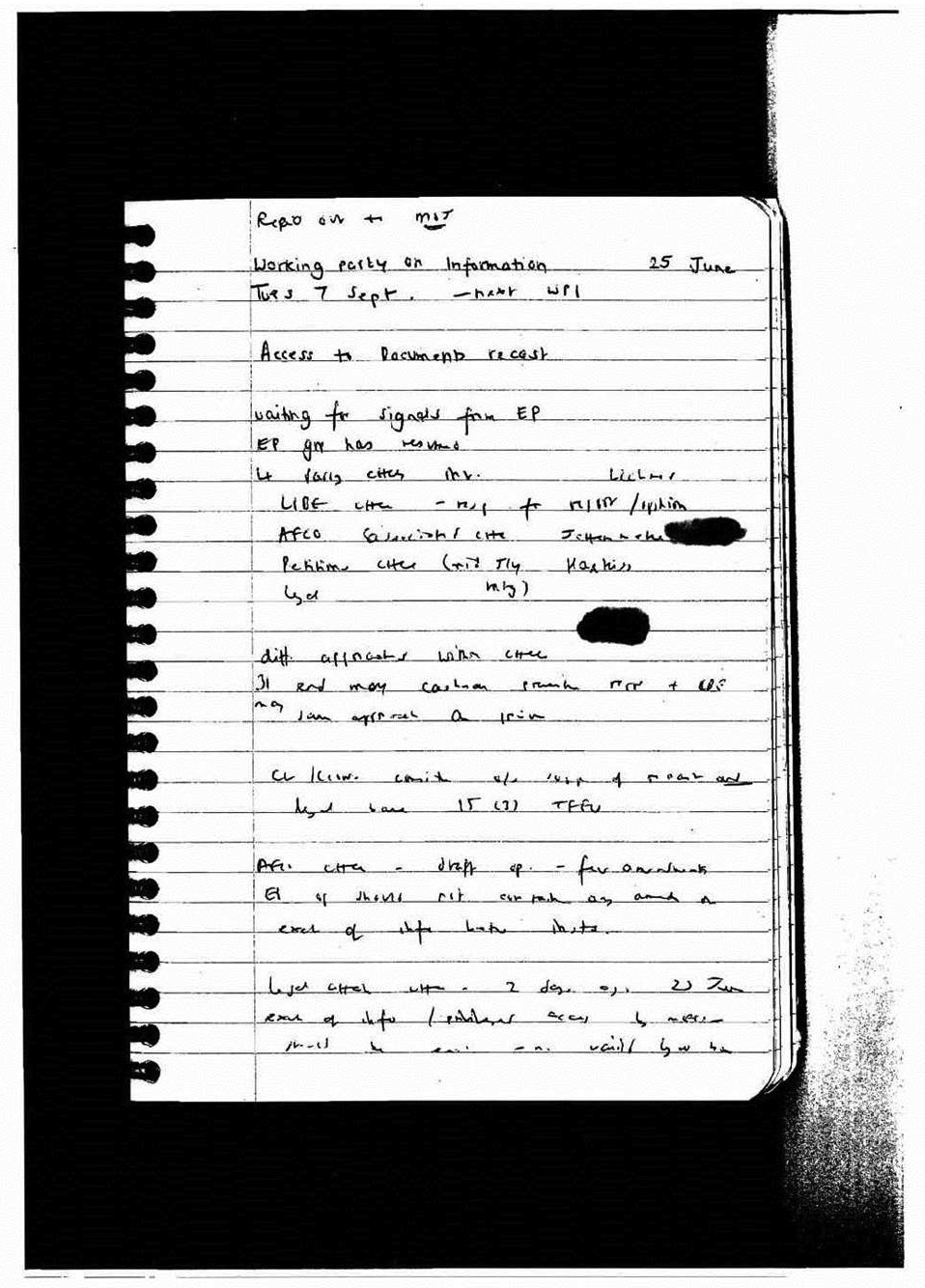Madrid, 22 May 2014 – The UK Foreign and Commonwealth Office (FCO) has pulled out of a case before the UK’s Information Tribunal resulting in cancellation of a court hearing due this week (20-21 May) and has agreed to provide Access Info Europe with full information on negotiations in Brussels to revise the European Union’s transparency rules.
The specialised Information Tribunal issued a formal decision on 21 May 2014 closing a four-year legal process arising from an information request first made on 15 June 2010 by Access Info Europe Campaigner Pam Bartlett Quintanilla.
Just three weeks before the court hearing was due, on 1 May 2014, the Foreign and Commonwealth Office sent a message stating that “After careful consideration of the circumstances of this particular case and making no statement as to how it might act in future cases, the FCO has decided that it is prepared to withdraw its opposition to Ms Quintanilla’s appeal.”
Initially the FCO refused access to much of the requested information, which included minutes and notes taken by UK delegates at meetings in Brussels. The FCO invoked the international relations exception and protection of the formulation of government policy.
The UK Information Commissioner ruled on 17 October 2011 that the FCO should provide the majority of the requested documents but that the names of other countries could be blacked out, thus concealing the negotiating positions of the other EU Member States.
Access Info appealed to the Information Tribunal, and the case was then suspended for almost two years pending a ruling by the European Court of Justice in the case of Access Info v Council of the European Union, which was also about access to Member State positions on the EU’s transparency rules. Access Info Europe won that case on 17 October 2013.[2]
“It would appear that the positive ruling from the European Court of Justice, which determined that citizens did have a right to know what each Member State was proposing during legislative negotiations, has led to a change in tack, at least in the UK. Access Info is encouraged by the FCO’s volte-face and hopes that the ECJ’s pro-transparency jurisprudence will lead to transparency improvements in other Member States” stated Pam Bartlett Quintanilla, Campaigner with Access Info Europe and the applicant in the case.
The Information Tribunal case is part of Access Info’s ongoing work to shed light on the relations between the EU institutions and national capitals so as to avoid the “policy-laundering” phenomenon, whereby citizens are told that Brussels is to blame for unpopular decisions, despite these decisions being arrived at with the full participation of government representatives.
The lack of transparency in EU-Member State relations makes it harder for citizens to participate in the decision-making process and to hold their public representatives to account for the decisions taken in the EU.
During the European Court of Justice case, the Council of the EU suggested that Member State positions could be obtained directly from national capitals. Access Info Europe took up this challenge and in 2010 asked all EU Member States for information on their positions on the EU’s transparency rules. No country provided complete information, and just 11 countries provided partial information; a full 16 refused or failed to provide any information at all about their stance on the EU transparency negotiations.[3]
“In a globalised world, where many decisions of public importance are taken at a supranational level, it is high time to end the overbroad use of the international relations exception. A 19th century culture of diplomatic secrecy is not consistent with the accountability due to citizens in a 21st century democratic society,” added Helen Darbishire, Executive Director of Access Info Europe.
Notes for editors:[1] To see all the documents and full correspondence, visit DocumentCloud[2] For more information about the Court Case (Case 280/11 P), see Access Info’s website. You can also read the AsktheEU.org Report on Council of the European Union[3] The Secret State of EU Transparency Reforms report
For more information please contact:
Helen Darbishire, Executive Director, Access Info Europe
helen@access-info.org | +34 667 685 319
Pam Bartlett Quintanilla, Access Info Europe
pam@access-info.org | +34 91 356 6558

